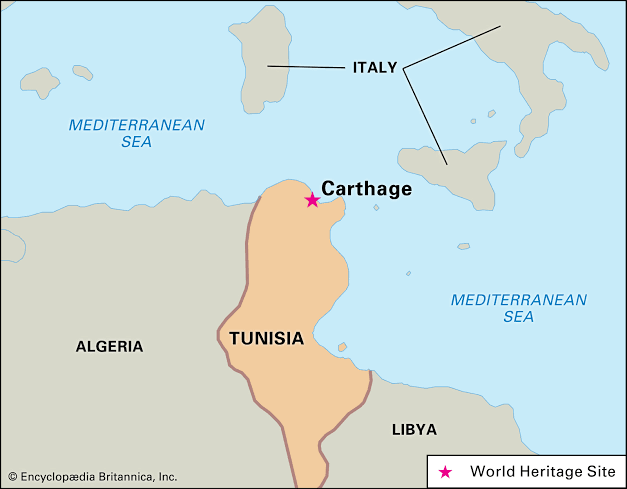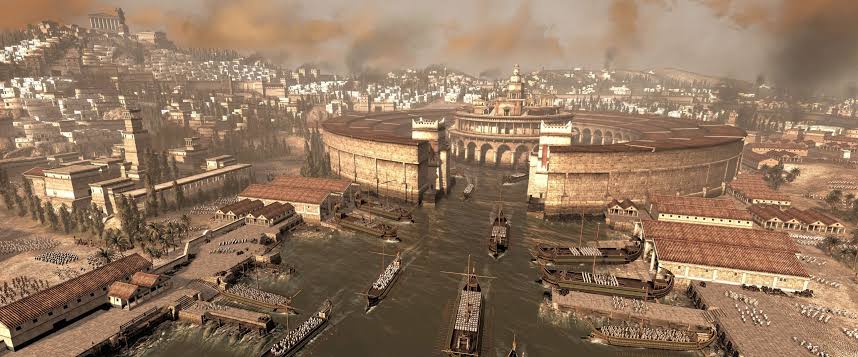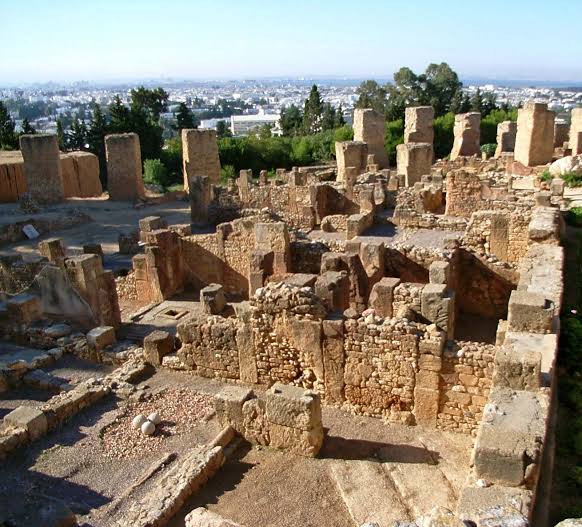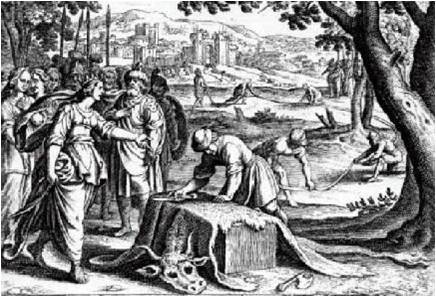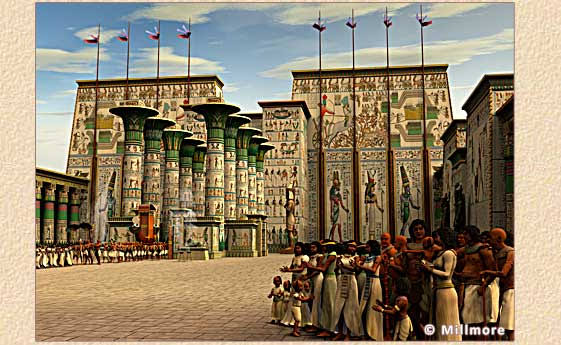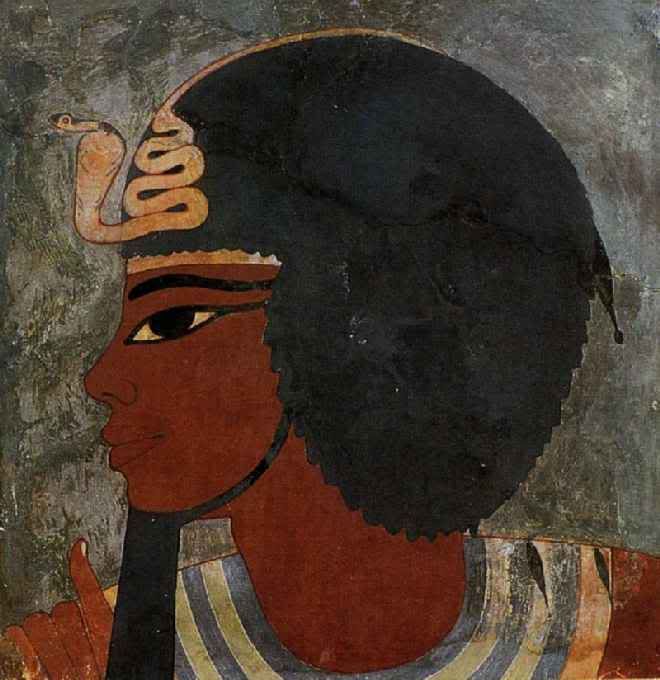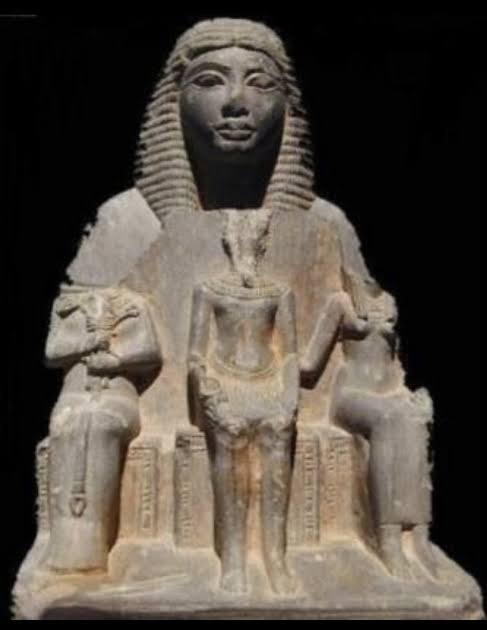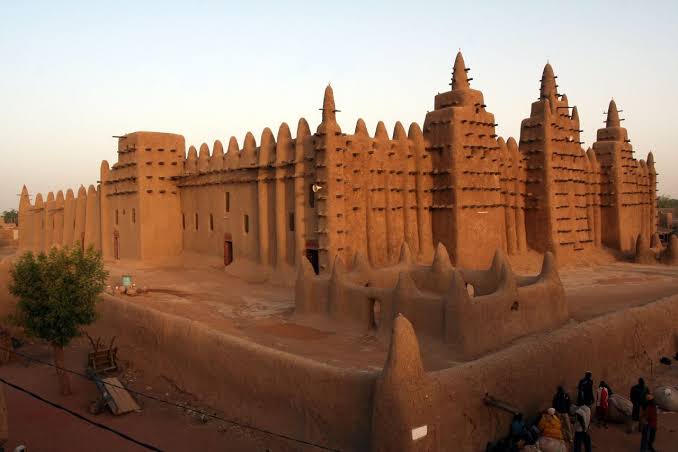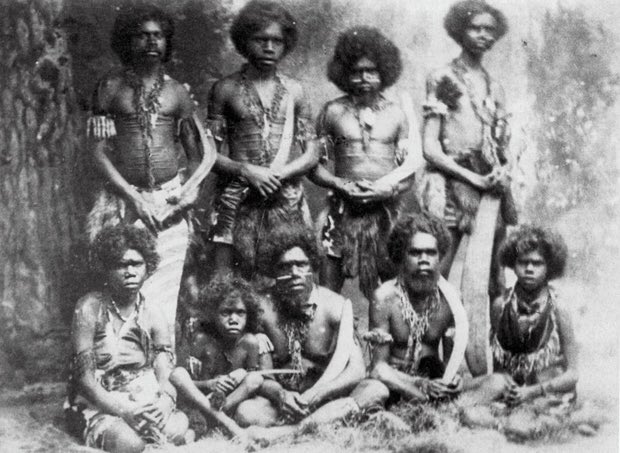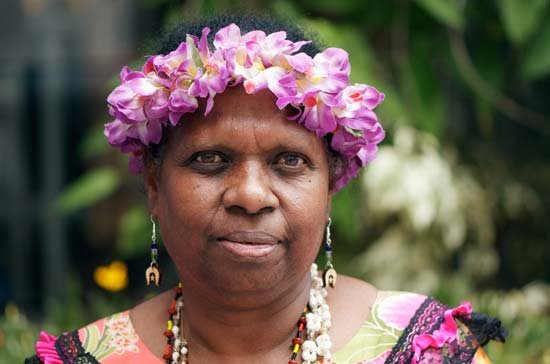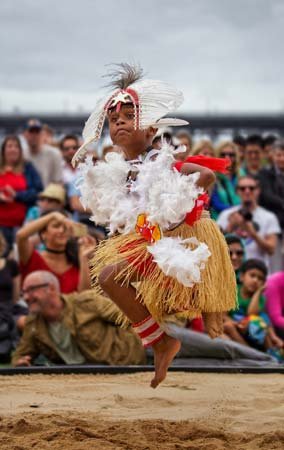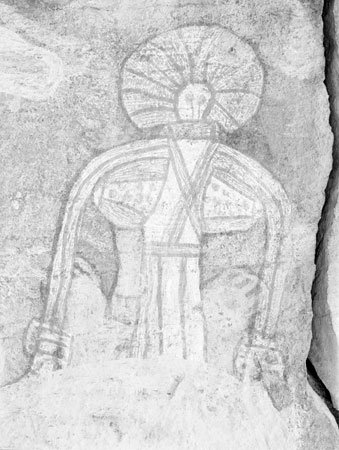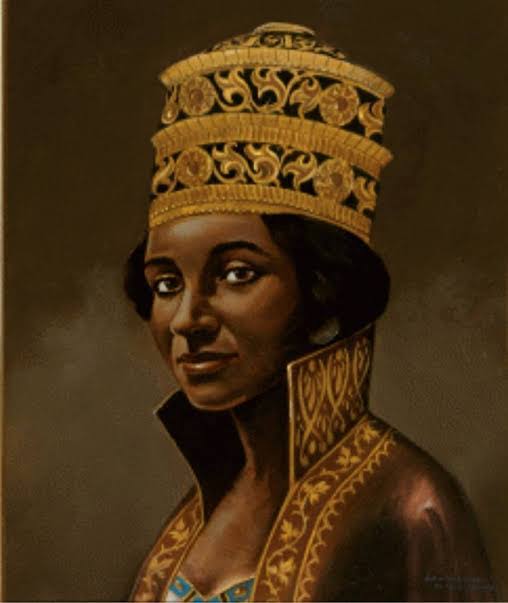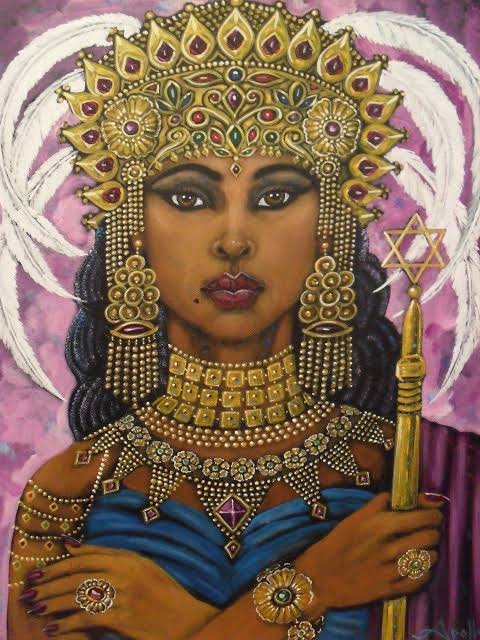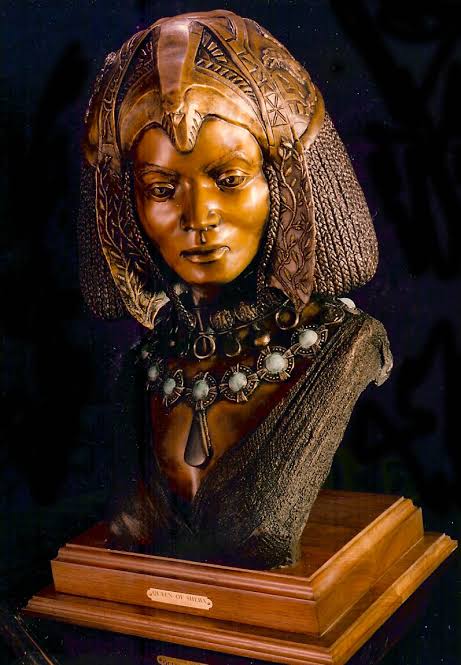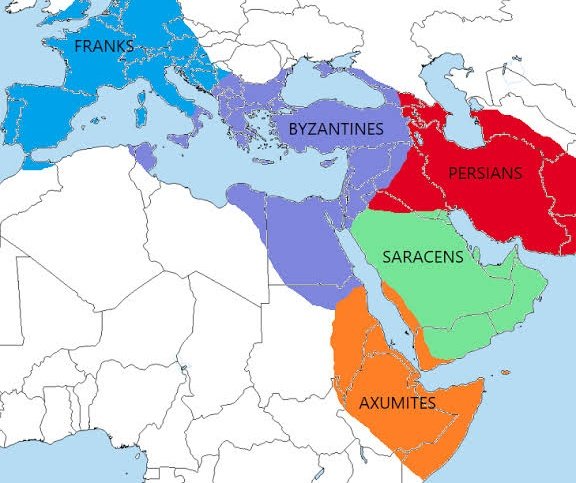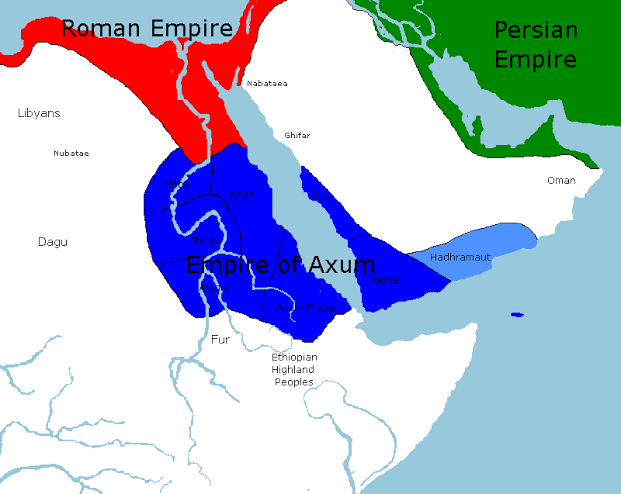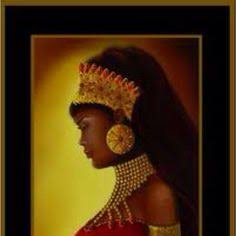
Queen Nzinga
______
Queen Nzinga is a renowned African legend considered as the greatest figure of African resistance against the European slave trade.
She lived in the 17th century and for 40 years of her Resistance, was able to resist the European slave trade.



______
Queen Nzinga is a renowned African legend considered as the greatest figure of African resistance against the European slave trade.
She lived in the 17th century and for 40 years of her Resistance, was able to resist the European slave trade.




Queen Nzinga was born in 1581 amidst all the turmoil. She was the daughter of Ngola Kiluanji Mbandi and was trained and raised for battle as her father perceived the strength of leadership his daughter possessed on time. She started going to battles with her father as a teenager. 

She experienced several battles led by her father against the Europeans, the Mbundu people of Ndongo kingdom withdrew as they couldn’t stand the ferocious weapons of the Europeans. In 1622, at 41 years old, she set out on the journey that would forever change history. 

Nzinga was a warrior to be reckoned with, she assaulted the Portuguese with guerilla methods, and with great charisma, she energized her troops, conquering Matamba, which she made the capital city. 

She was able to penetrate the Portuguese army, by calling the Africans who had been enrolled into the Portuguese army, slaves and convincing them to join her. Through her network, she got information, weapons as well as grew her art of war. 

She joined forces with other African kingdoms to fight for the liberation of her people, and in the process, her sister Kifunji was captured and beheaded by the Portuguese army. 

By the time Nzinga turned 76, the Portuguese were weary of fighting. They finally accepted negotiations and recognized the independence of Matamba and the parts of Ndongo where Nzinga governed. 
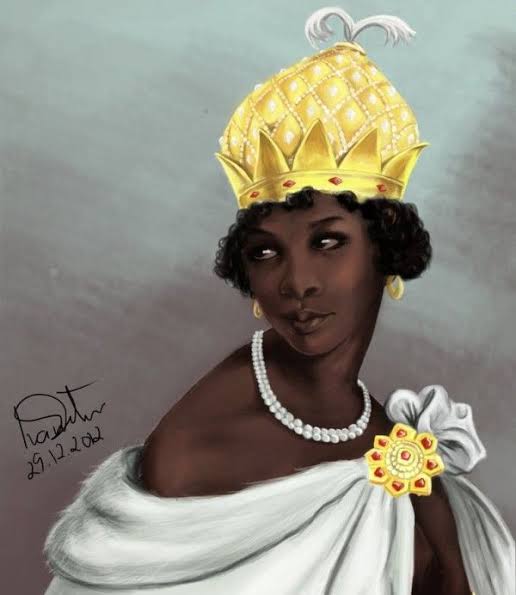
To know more about ancient African civilization and history check my likes and follow me to see my future post. 

Unroll @threadreaderapp
• • •
Missing some Tweet in this thread? You can try to
force a refresh


